Expert Guide to Chemical Plant Water Backflow Prevention Testing
Backflow preventer testing in Fayetteville is a crucial safety measure for chemical plants, protecti…….
Backflow Preventer Testing Fayetteville: Ensuring Safe Drinking Water
Introduction
In the heart of North Carolina, Fayetteville stands as a testament to community resilience and environmental stewardship. A critical component of the city’s water infrastructure is the backflow preventer testing protocol. This comprehensive guide delves into the intricacies of backflow preventer testing in Fayetteville, its importance, and the broader implications it holds for public health and safety. By understanding and adhering to these practices, Fayetteville ensures the protection of its water supply from potential contamination, safeguarding the well-being of its residents and maintaining compliance with state and federal regulations.
Understanding Backflow Preventer Testing Fayetteville
Backflow preventer testing is a routine inspection process to verify that devices installed in a city’s water system are functioning correctly. These devices prevent contaminated or non-potable water from flowing back into the potable (drinkable) water supply. In Fayetteville, this involves several key components:
Roles and Responsibilities: Property owners and managers are responsible for maintaining and testing backflow prevention assemblies on their properties. The Fayetteville Public Works Commission (FPWC) oversees the program, ensuring compliance through regular inspections and testing requirements.
Types of Backflow Preventers: There are various types of backflow preventers, including the Reduced Pressure Principle (RPZ), Atmospheric Vacuum Breaker (AVB), Pressure Vacuum Breaker (PVB), and Spillback Preventer. Each type requires specific testing protocols.
Historical Context: The concept of backflow prevention has evolved over the years, with Fayetteville adopting stricter testing protocols to enhance public health protection. These advancements reflect a historical commitment to water safety and infrastructure maintenance.
Global Impact and Trends
The significance of backflow preventer testing extends beyond Fayetteville’s city limits, influencing global water management practices. Key trends include:
International Standards: Adoption of international standards for backflow prevention devices and testing procedures ensures a consistent level of safety across different regions.
Technological Innovations: Advancements in technology have led to more reliable backflow preventers, which are increasingly being adopted worldwide.
Environmental Awareness: Growing environmental awareness has prompted municipalities globally to prioritize water conservation and safety measures like backflow prevention.
Economic Considerations
The economic landscape of Fayetteville is intertwined with the investments in water infrastructure, including backflow preventer testing. These considerations include:
Market Dynamics: The demand for reliable water systems drives investment in backflow prevention technologies and services.
Cost-Benefit Analysis: While there are initial costs associated with installing and maintaining backflow preventers, the long-term benefits of preventing contamination far outweigh these expenses.
Economic Systems: Backflow preventer testing is a critical component in the economic systems of cities like Fayetteville, ensuring the continued availability of clean water resources.
Technological Advancements
Technology plays a pivotal role in enhancing backflow preventer testing processes:
Smart Monitoring: The integration of IoT (Internet of Things) devices allows for real-time monitoring and alerts, ensuring timely maintenance and testing.
Data Analytics: Advanced data analytics help predict potential failures in backflow prevention systems, enabling proactive repairs and maintenance.
Future Potential: Continued innovation promises even more sophisticated systems with enhanced capabilities for detecting and preventing backflow incidents.
Policy and Regulation
A robust framework of policies and regulations governs backflow preventer testing in Fayetteville:
Local Ordinances: The FPWC has established local ordinances that dictate the frequency and procedures for testing backflow prevention devices.
State and Federal Regulations: Compliance with state and federal regulations is mandatory, ensuring a standardized approach to water safety across the nation.
Legislative Influence: Legislative changes often reflect the evolving best practices in backflow preventer testing, promoting continuous improvement in water safety protocols.
Challenges and Criticisms
Despite its importance, backflow preventer testing faces several challenges:
Awareness: Raising awareness among property owners about the necessity of regular testing is essential.
Resource Allocation: Ensuring adequate resources for testing and maintenance can be challenging, particularly in underserved areas.
Technical Expertise: The need for skilled professionals to conduct tests and perform repairs is critical to the system’s effectiveness.
Case Studies
Several case studies from Fayetteville illustrate the importance of backflow preventer testing:
Prevented Contamination Incidents: Instances where timely testing and maintenance have prevented potential water contamination events highlight the program’s success.
Infrastructure Improvements: Cases where infrastructure improvements followed testing failures have led to more robust and reliable water systems.
Community Education: Programs that educate the community on backflow prevention have seen increased compliance and awareness.
Conclusion
Backflow preventer testing is a vital component of Fayetteville’s commitment to maintaining a safe and reliable water supply. Through a combination of rigorous testing protocols, technological advancements, and proactive policy measures, the city continues to set an example for water safety and infrastructure management. As global trends in water conservation and protection continue to evolve, Fayetteville’s approach to backflow prevention remains a testament to the importance of investment in public health and safety infrastructure.
FAQs
What is backflow preventer testing?
Backflow preventer testing involves inspecting and verifying that devices designed to prevent contamination of the drinking water supply are functioning correctly.
Who is responsible for backflow preventer maintenance and testing?
Property owners or managers are responsible for maintaining and testing backflow prevention devices on their properties, while local utilities like the Fayetteville Public Works Commission oversee compliance.
How often do backflow preventers need to be tested?
Testing frequency varies based on the device type, local regulations, and historical performance but is typically annual or semi-annual.
What happens if a backflow prevention device fails?
Upon failure, immediate repairs are required to restore proper water flow and prevent potential contamination. The incident must be reported to the overseeing utility, and the system may require retesting to ensure it is once again operational.
Why is backflow preventer testing important for public health?
Backflow preventer testing is crucial for public health as it ensures that the drinking water remains free from contaminants, reducing the risk of waterborne diseases and maintaining a safe supply for all residents.
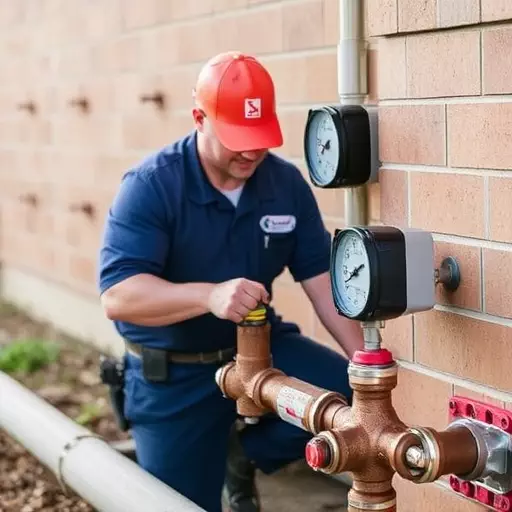
Backflow preventer testing in Fayetteville is a crucial safety measure for chemical plants, protecti…….
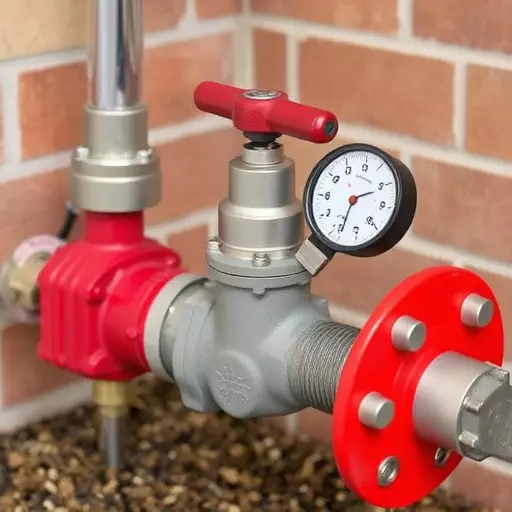
In Fayetteville, backflow preventers are vital for maintaining water quality and safety. These devic…….
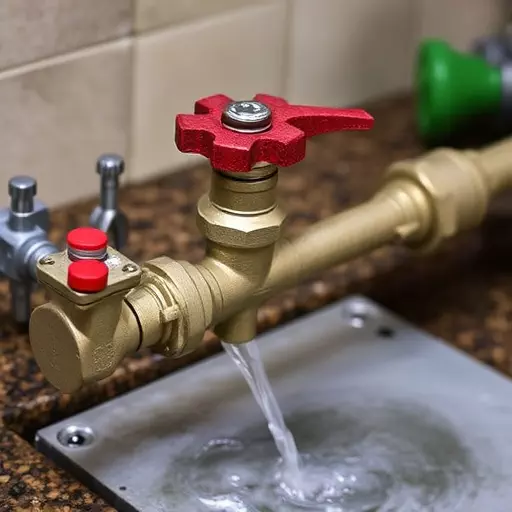
In Fayetteville, certified professionals provide essential annual backflow preventer testing service…….
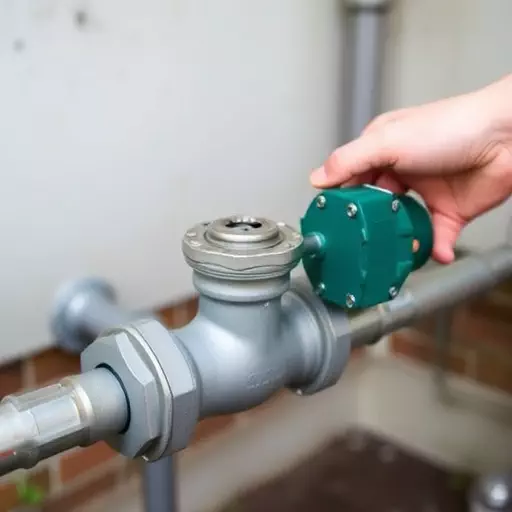
Backflow preventer testing in Fayetteville, as mandated by state regulations, is crucial for maintai…….
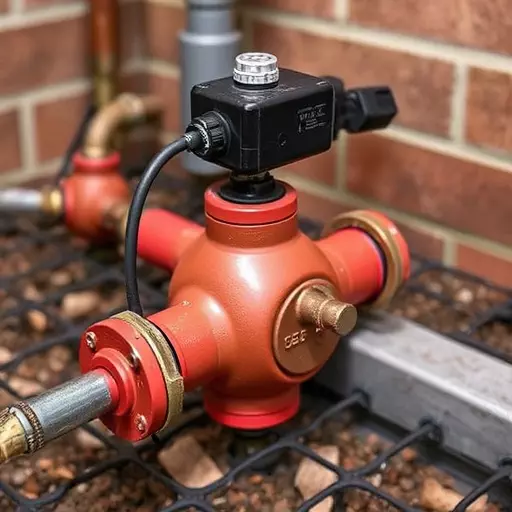
Complex multi-zone systems in industrial and commercial settings require meticulous planning and rig…….
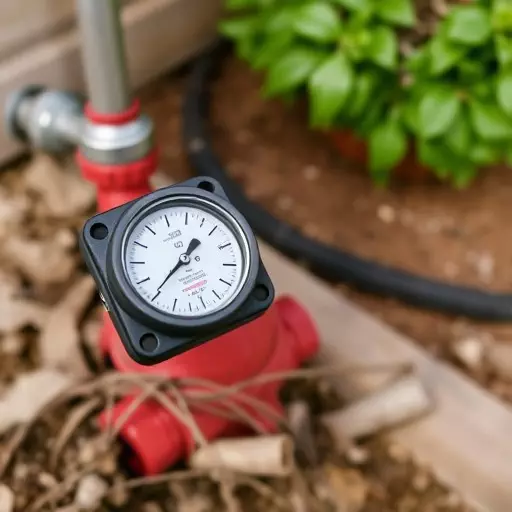
Backflow Preventer Testing Fayetteville is a critical safety measure against water contamination. Ce…….
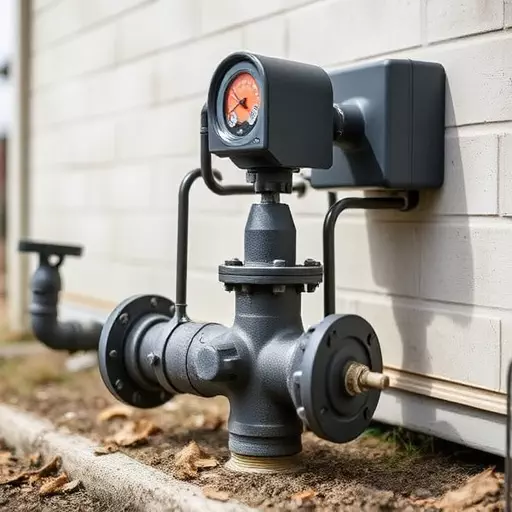
State-mandated backflow compliance inspections, including certified annual backflow preventer testin…….
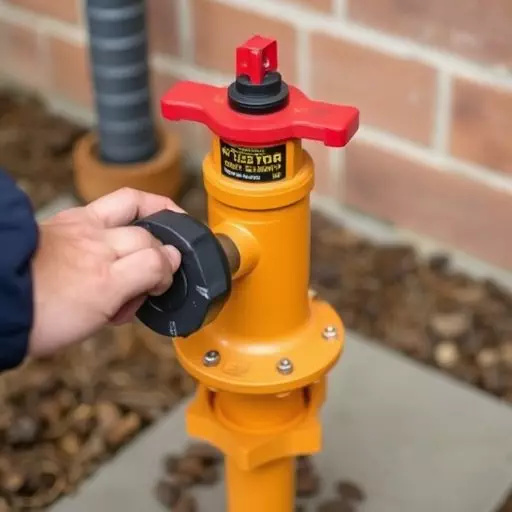
Backflow preventer testing in Fayetteville is crucial for maintaining water safety and quality in co…….
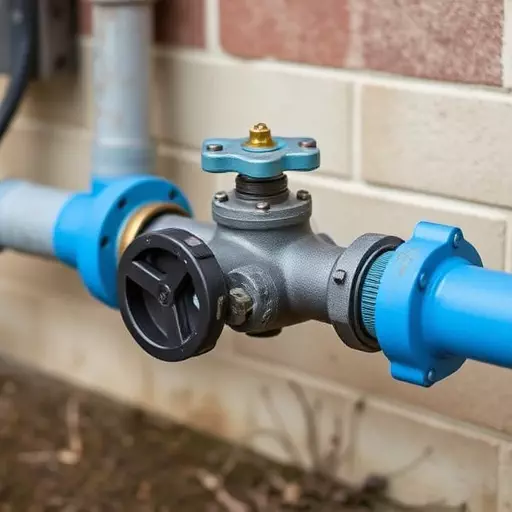
Fayetteville prioritizes water quality and community safety through stringent backflow preventer tes…….